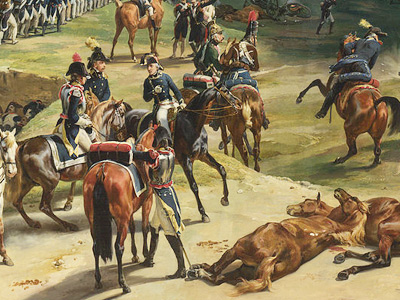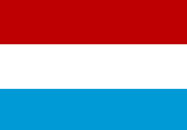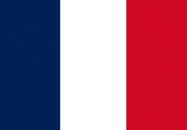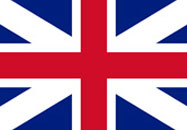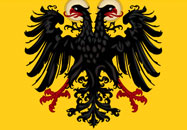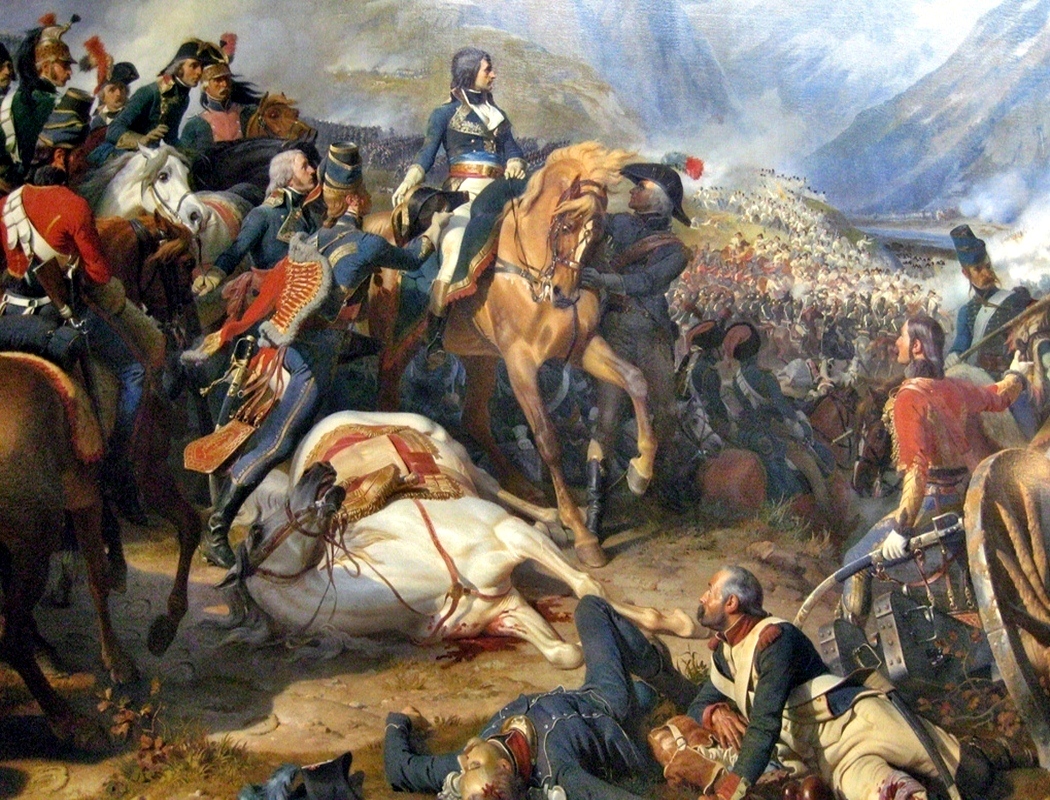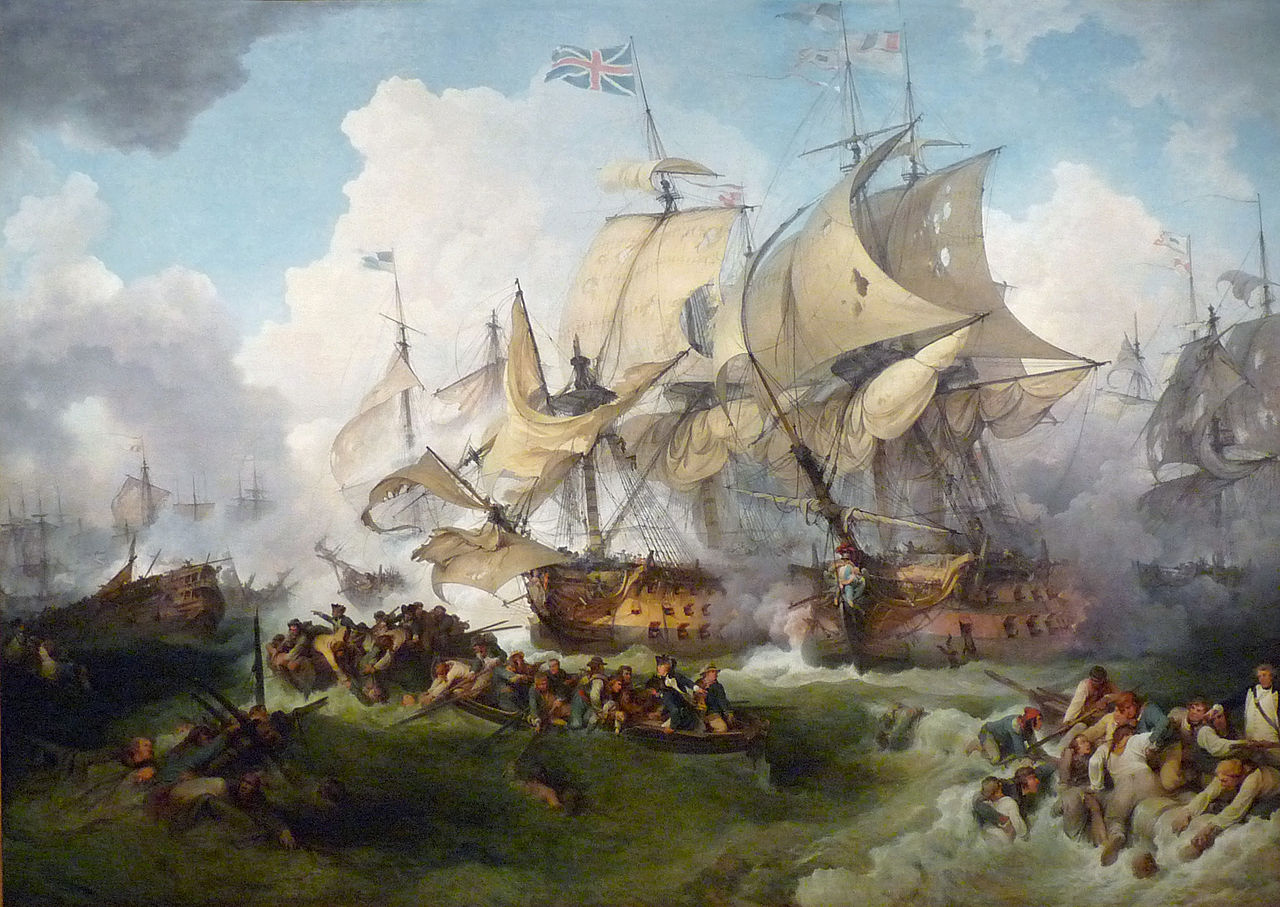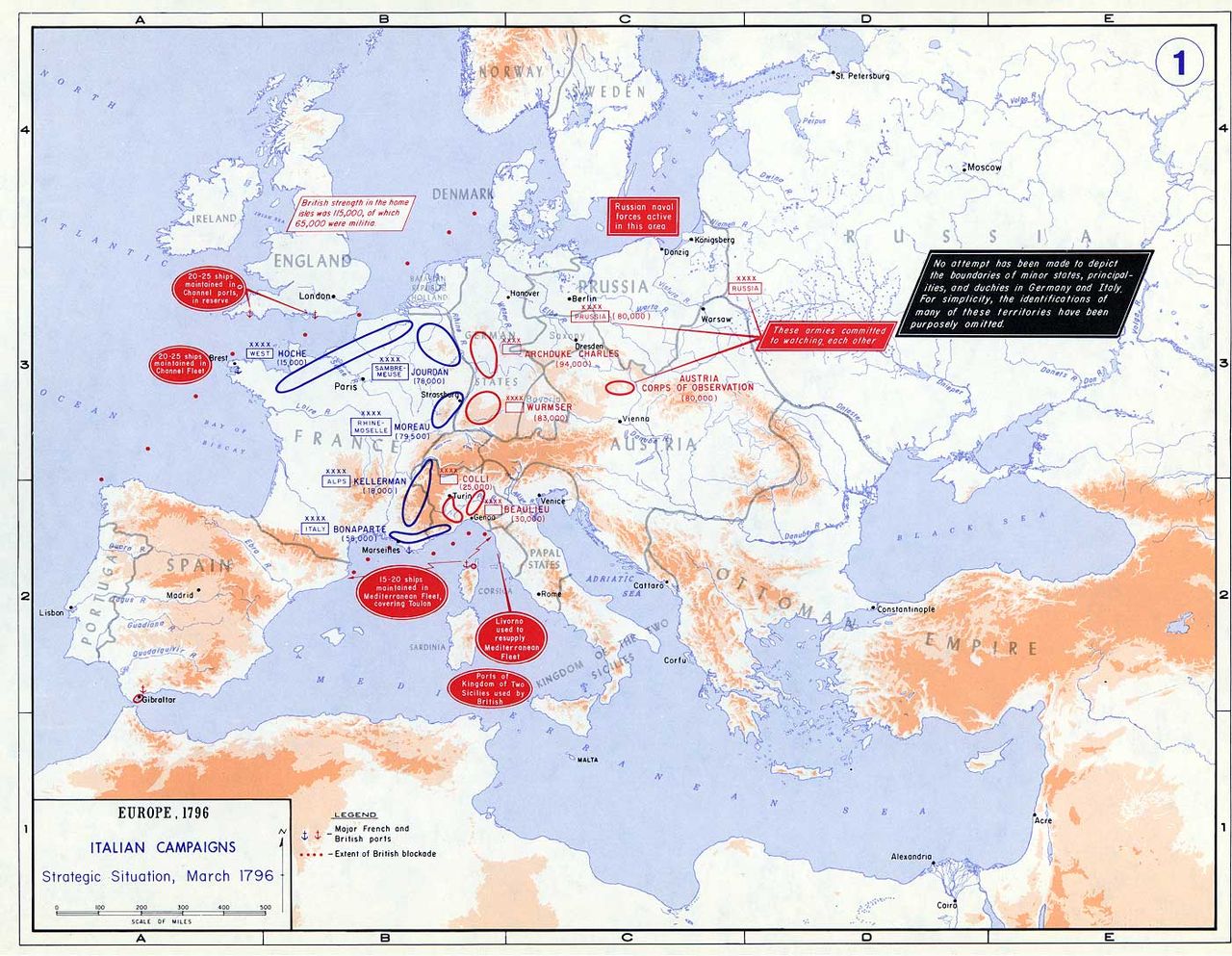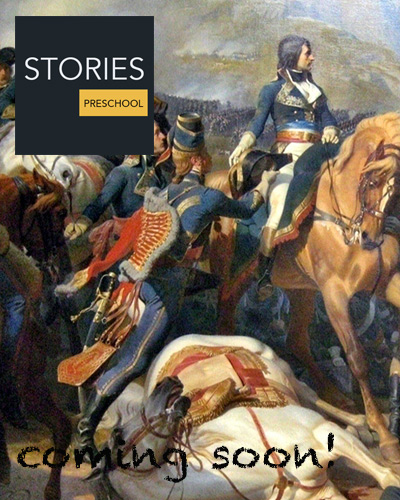War of the First Coalition (1792–1797)
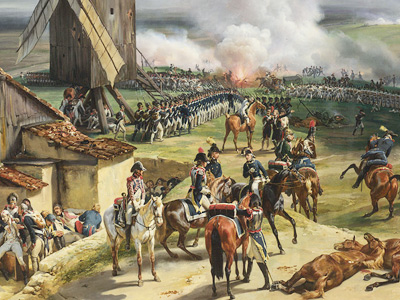
Campaigns of 1795
After seizing the Low Countries in a surprise winter attack, France established the Batavian Republic as a puppet state. Even before the close of 1794 the king of Prussia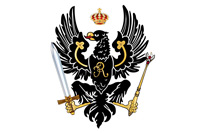 The Kingdom of Prussia was a German kingdom that constituted the state of Prussia between 1701 and 1918. It was the driving force behind the unification of Germany in 1871 and was the leading state of the German Empire until its dissolution in 1918. Although it took its name from the region called Prussia, it was based in the Margraviate of Brandenburg. Its capital was Berlin. retired from any active part in the war, and on 5 April 1795 he concluded with France the Peace of Basel, which recognized France's occupation of the left bank of the Rhine. The new French-dominated Dutch government bought peace by surrendering Dutch
The Kingdom of Prussia was a German kingdom that constituted the state of Prussia between 1701 and 1918. It was the driving force behind the unification of Germany in 1871 and was the leading state of the German Empire until its dissolution in 1918. Although it took its name from the region called Prussia, it was based in the Margraviate of Brandenburg. Its capital was Berlin. retired from any active part in the war, and on 5 April 1795 he concluded with France the Peace of Basel, which recognized France's occupation of the left bank of the Rhine. The new French-dominated Dutch government bought peace by surrendering Dutch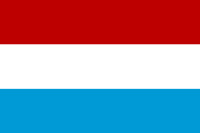 The Dutch Republic was a confederation that existed from 1579, during the Dutch Revolt, to 1795. It was a predecessor state of the Netherlands and the first fully independent Dutch nation state. Although the state was small and contained only around 1.5 million inhabitants, it controlled a worldwide network of seafaring trade routes. The income from this trade allowed the Dutch Republic to compete militarily against much larger countries. It amassed a huge fleet of 2,000 ships, initially larger than the fleets of England and France combined. territory to the south of that river. A treaty of peace between France and Spain
The Dutch Republic was a confederation that existed from 1579, during the Dutch Revolt, to 1795. It was a predecessor state of the Netherlands and the first fully independent Dutch nation state. Although the state was small and contained only around 1.5 million inhabitants, it controlled a worldwide network of seafaring trade routes. The income from this trade allowed the Dutch Republic to compete militarily against much larger countries. It amassed a huge fleet of 2,000 ships, initially larger than the fleets of England and France combined. territory to the south of that river. A treaty of peace between France and Spain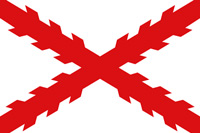 The Spanish Empire was a colonial empire governed by Spain and its predecessor states between 1492 and 1976. One of the largest empires in history, it was the first to usher the European Age of Discovery and achieve a global scale, controlling vast territory. It was one of the most powerful empires of the early modern period, reaching its maximum extent in the 18th century. followed in July. The grand duke of Tuscany had been admitted to terms in February. The coalition thus fell into ruin and France
The Spanish Empire was a colonial empire governed by Spain and its predecessor states between 1492 and 1976. One of the largest empires in history, it was the first to usher the European Age of Discovery and achieve a global scale, controlling vast territory. It was one of the most powerful empires of the early modern period, reaching its maximum extent in the 18th century. followed in July. The grand duke of Tuscany had been admitted to terms in February. The coalition thus fell into ruin and France In the history of France, French First Republic, sometimes referred to in historiography as Revolutionary France, and officially the French Republic, was founded on 21 September 1792 during the French Revolution. The First Republic lasted until the declaration of the First Empire on 18 May 1804 under Napoléon Bonaparte, although the form of the government changed several times. proper would be free from invasion for many years.
In the history of France, French First Republic, sometimes referred to in historiography as Revolutionary France, and officially the French Republic, was founded on 21 September 1792 during the French Revolution. The First Republic lasted until the declaration of the First Empire on 18 May 1804 under Napoléon Bonaparte, although the form of the government changed several times. proper would be free from invasion for many years.
Britain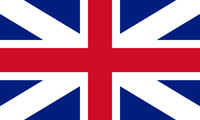 The Kingdom of Great Britain was a sovereign country in Western Europe from 1 May 1707 to the end of 31 December 1800. The state was created by the 1706 Treaty of Union and ratified by the Acts of Union 1707, which united the kingdoms of England (which included Wales) and Scotland to form a single kingdom encompassing the whole island of Great Britain and its outlying islands, with the exception of the Isle of Man and the Channel Islands. attempted to reinforce the rebels in the Vendée by landing French Royalist troops at Quiberon, but failed, and attempts to overthrow the government at Paris by force were foiled by the military garrison led by Napoleon
The Kingdom of Great Britain was a sovereign country in Western Europe from 1 May 1707 to the end of 31 December 1800. The state was created by the 1706 Treaty of Union and ratified by the Acts of Union 1707, which united the kingdoms of England (which included Wales) and Scotland to form a single kingdom encompassing the whole island of Great Britain and its outlying islands, with the exception of the Isle of Man and the Channel Islands. attempted to reinforce the rebels in the Vendée by landing French Royalist troops at Quiberon, but failed, and attempts to overthrow the government at Paris by force were foiled by the military garrison led by Napoleon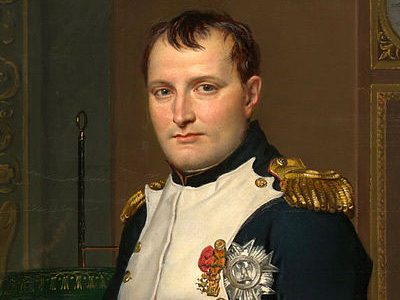 Napoleon Bonaparte (1769-1821), was a French military and political leader who rose to prominence during the French Revolution and led several successful campaigns during the French Revolutionary Wars. As Napoleon I, he was Emperor of the French from 1804 until 1814, and again in 1815. One of the greatest commanders in history, his wars and campaigns are studied at military schools worldwide. Napoleon Bonaparte », leading to the establishment of the Directory.
Napoleon Bonaparte (1769-1821), was a French military and political leader who rose to prominence during the French Revolution and led several successful campaigns during the French Revolutionary Wars. As Napoleon I, he was Emperor of the French from 1804 until 1814, and again in 1815. One of the greatest commanders in history, his wars and campaigns are studied at military schools worldwide. Napoleon Bonaparte », leading to the establishment of the Directory.
On the Rhine frontier, General Pichegru, negotiating with the exiled Royalists, betrayed his army and forced the evacuation of Mannheim and the failure of the siege of Mainz by Jourdan.
HISTORY
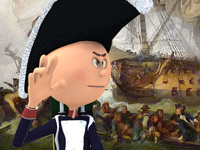
RESOURCES
This article uses material from the Wikipedia article "War of the First Coalition", which is released under the Creative Commons Attribution-Share-Alike License 3.0.
© Stories Preschool. All Rights Reserved.
